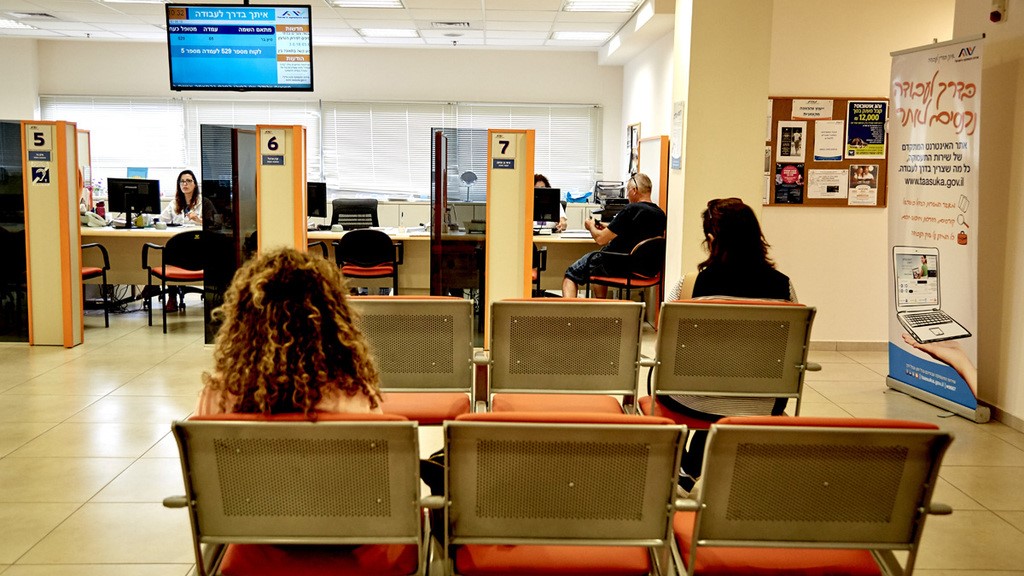Despite Israel’s unemployment rate remaining high last month, the far-right government of Naftali Bennett nevertheless ended most support measures first introduced to alleviate the burden on hundreds of thousands of workers and small business owners who lost their incomes due to the economic impact of the pandemic. The unemployment rate in the first half of July was 9.0%, up from 8.8% in the second half of June, the Central Bureau of Statics (CBI) published on Monday, August 2.
According to Zo Haderech, the online Hebrew news publication of the Communist Party of Israel, a total of 383,700 workers were unemployed or on unpaid leave due to COVID-19 in the first half of July. Before the pandemic, an estimated 150,000 Israelis, or 3.5%, were unemployed. The data released Monday reflects the unemployment level last month, before the Delta variant became widespread, a factor which likely could further boost the unemployment rate.

The offices of Israel’s Employment Service in the city of Holon, south of Tel Aviv (Photo: Employment Service)
In a stormy Knesset session at the end of June, the neo-liberal Bennett-Lapid government ended unemployment benefits for most persons under the age of 45 who lost their jobs due to the pandemic. Finance Minister Avigdor Lieberman had pushed to cut benefits to the unemployed “in order to force people — particularly the young — to return to work.”
At the time, the National Insurance Institute said Israel had paid out over NIS 39 billion (12 billion USD) in unemployment benefits to 1.2 million Israeli workers since the start of the pandemic. According to the National Insurance Institute, anyone who will become unemployed after July 1, 2021 will be assessed according to the standard unemployment laws that existed pre-COVID. However, the period of time an employee must have worked before being able to claim unemployment still remains lower than before the pandemic: six months instead of the previous 12.
Related:


